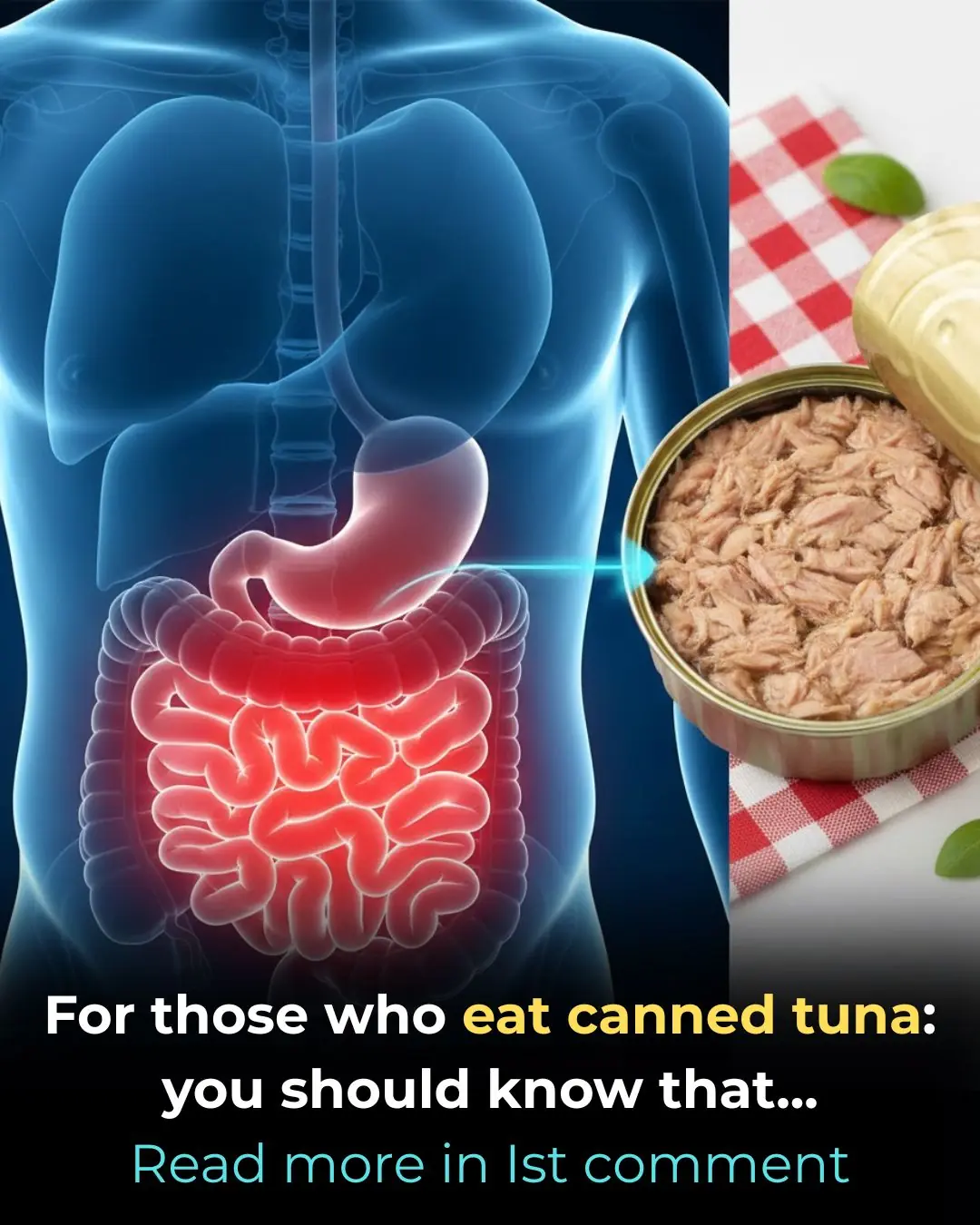
12 warning signs of heart failure you should never ignore
When you think about heart problems, what’s the first image that appears in your mind? For most people, it’s the dramatic movie-scene heart attack—someone collapsing and grasping their chest in sudden, crushing pain. While heart attacks are absolutely real and dangerous, there’s another condition that develops far more quietly. It doesn’t explode into your life in an instant. Instead, it sneaks in gradually, almost imperceptibly, over months or even years.
This condition is heart failure, and its symptoms are often so subtle that people attribute them to aging, stress, weight gain, or even indigestion. But these quiet, persistent signals from your body shouldn’t be ignored. Recognizing them early can prevent worsening damage and give you the chance to manage the condition effectively.
Despite what the name suggests, heart failure doesn’t mean the heart has stopped working. Instead, it’s a chronic condition where the heart muscle becomes too weak or too stiff to pump blood efficiently. Think of a mechanical pump that still runs but struggles to move enough water through a system—it works, but not well enough to meet demand. This reduced efficiency triggers a chain reaction throughout the body, affecting the lungs, kidneys, digestive system, and even the brain.
Heart failure is more common than many realize. It affects more than 6.5 million adults in the United States, and it remains a leading cause of hospitalization in people over age 65. The earlier you recognize the warning signs, the better your chances of controlling the condition and maintaining a full, active life.
Key Takeaways
-
Heart failure develops slowly. Unlike a sudden heart attack, symptoms tend to creep in over time, which makes them easy to overlook.
-
Symptoms mimic everyday issues. Breathlessness, swelling, or fatigue can easily be blamed on aging or lifestyle—but they may be early cries for help from your heart.
-
Fluid buildup is central. When the heart can’t pump blood effectively, fluid accumulates throughout the body, triggering many hallmark symptoms.
-
A pattern of symptoms matters. One symptom alone may be harmless, but several occurring together should prompt a medical evaluation.
-
Early diagnosis changes everything. Although there is no cure, heart failure is highly manageable with the right treatment plan.
12. You Can’t Seem to Catch Your Breath
Shortness of breath—sometimes described as “air hunger”—is one of the most prominent early signs. You may feel like no matter how deeply you inhale, you simply can’t get enough air. This happens because when the heart struggles to pump blood forward, blood can back up into the vessels leading from the lungs. This backup causes fluid leakage into the lung tissue, resulting in pulmonary congestion, which makes breathing difficult even when resting. The sensation often worsens with physical activity or when lying flat.
11. Exercise Feels Much Harder Than It Used To
If climbing stairs or carrying groceries suddenly leaves you winded, don’t be too quick to blame poor fitness. During physical activity, the body demands more oxygen-rich blood. A healthy heart efficiently increases its workload to meet that demand. A failing heart can’t keep up, forcing your body to work harder just to perform ordinary tasks. Many people assume they need to exercise more, when in reality, they need a medical evaluation.
10. You Have a Persistent Cough or Wheeze
A nagging cough—especially a dry, hacking one that worsens when lying down—may be a sign of what doctors call cardiac asthma. This happens when fluid seeps into the lungs and irritates the airways. In some cases, the cough may bring up white or pink, frothy mucus, a clear indication of fluid accumulation. This symptom is often confused with allergies or respiratory infections, but in heart failure, it reflects a deeper circulatory issue.
9. Lying Down Flat Makes Breathing Difficult
Needing multiple pillows to sleep comfortably is a classic heart failure symptom known as orthopnea. When you lie flat, fluid that collected in your legs during the day flows back into your bloodstream, increasing pressure on your heart and lungs. Sitting or sleeping upright allows gravity to pull the fluid away from your chest, making breathing easier. This change in sleeping position is often one of the first adjustments people unconsciously make.
8. Your Legs, Ankles, and Feet Are Swollen
Swelling, or edema, typically appears in the lower legs, ankles, or feet. When the heart’s pumping ability weakens, kidneys receive less blood and respond by retaining salt and water. Gravity pulls this extra fluid downward, causing noticeable puffiness. Shoes may feel tight, and socks might leave deep marks on your skin. Pressing a finger into the swollen area may leave a lingering indentation—a hallmark sign of fluid retention.
7. You’re Gaining Weight Quickly and Unexpectedly
If your weight suddenly jumps up by several pounds within just a few days, it’s almost never fat. Rapid weight gain is usually caused by retained fluid, one of the earliest and most reliable signs of worsening heart failure. This extra fluid can also collect in the abdomen, causing bloating, discomfort, or a feeling of fullness even after eating small amounts.
6. You’re Constantly Exhausted

This isn’t the usual tiredness that comes after a long day. It’s a deep, persistent fatigue that makes even basic tasks feel draining. When the heart can’t pump efficiently, the body prioritizes vital organs such as the brain and heart itself. Blood flow is diverted away from the muscles, leaving them deprived of oxygen and nutrients. As a result, you may feel heavy, weak, and chronically worn out—even with plenty of sleep.
5. Your Heart Feels Like It’s Racing or Fluttering
Heart palpitations, such as fluttering, pounding, or skipping beats, occur when the heart tries to compensate for its reduced strength by beating faster or irregularly. These sensations often become more frequent as heart failure progresses. While palpitations can have many causes, they should never be ignored—especially when paired with other symptoms on this list.
4. You’re Urinating More Often at Night
Many people assume nighttime urination is caused by drinking too much before bed or simply aging. However, in heart failure, the fluid that pooled in your legs throughout the day re-enters your bloodstream once you lie down. The kidneys then filter this fluid, producing more urine than usual. If you wake up several times each night to use the bathroom, it may be a sign that your body is struggling with fluid overload.
3. You Feel Nauseous or Have No Appetite
Reduced blood flow to the digestive system slows down the entire process of digestion. This can leave you feeling full after just a few bites, cause frequent indigestion, or trigger persistent nausea. In advanced cases, fluid may even accumulate around the liver and stomach, increasing abdominal discomfort.
2. You Often Feel Lightheaded, Dizzy, or Mentally Foggy

The brain requires a steady supply of oxygen-rich blood. If the heart cannot maintain that output, symptoms like dizziness, confusion, or difficulty concentrating can appear. Memory may seem less reliable, and tasks that require focus may become harder. In severe cases, inadequate blood flow can lead to fainting.
1. Your Hands and Feet Are Always Cold
Cold extremities usually indicate that blood is being diverted away from the limbs and toward vital organs. While many people naturally have cold hands or feet, when this symptom appears alongside others—such as swelling, breathlessness, or fatigue—it strongly suggests a circulation problem linked to heart performance.
What To Do Next
Reading about these symptoms can feel overwhelming, but remember: awareness is the first step toward protecting your health. Heart failure is not curable, but with the right treatment and lifestyle changes, it’s often very manageable. Many people lead long, active, and fulfilling lives after diagnosis.
If you experience new or worsening symptoms—especially shortness of breath, swelling, palpitations, or rapid weight gain—make an appointment with your doctor promptly. These signs should always be taken seriously.
Some symptoms, however, require immediate medical attention. Seek emergency care if you experience:
-
Severe difficulty breathing
-
Chest pain
-
Confusion or altered mental state
-
Fainting or extremely low blood pressure
When it comes to your heart, it’s always better to act early. Listening to your body now can protect your health for years to come.
News in the same category

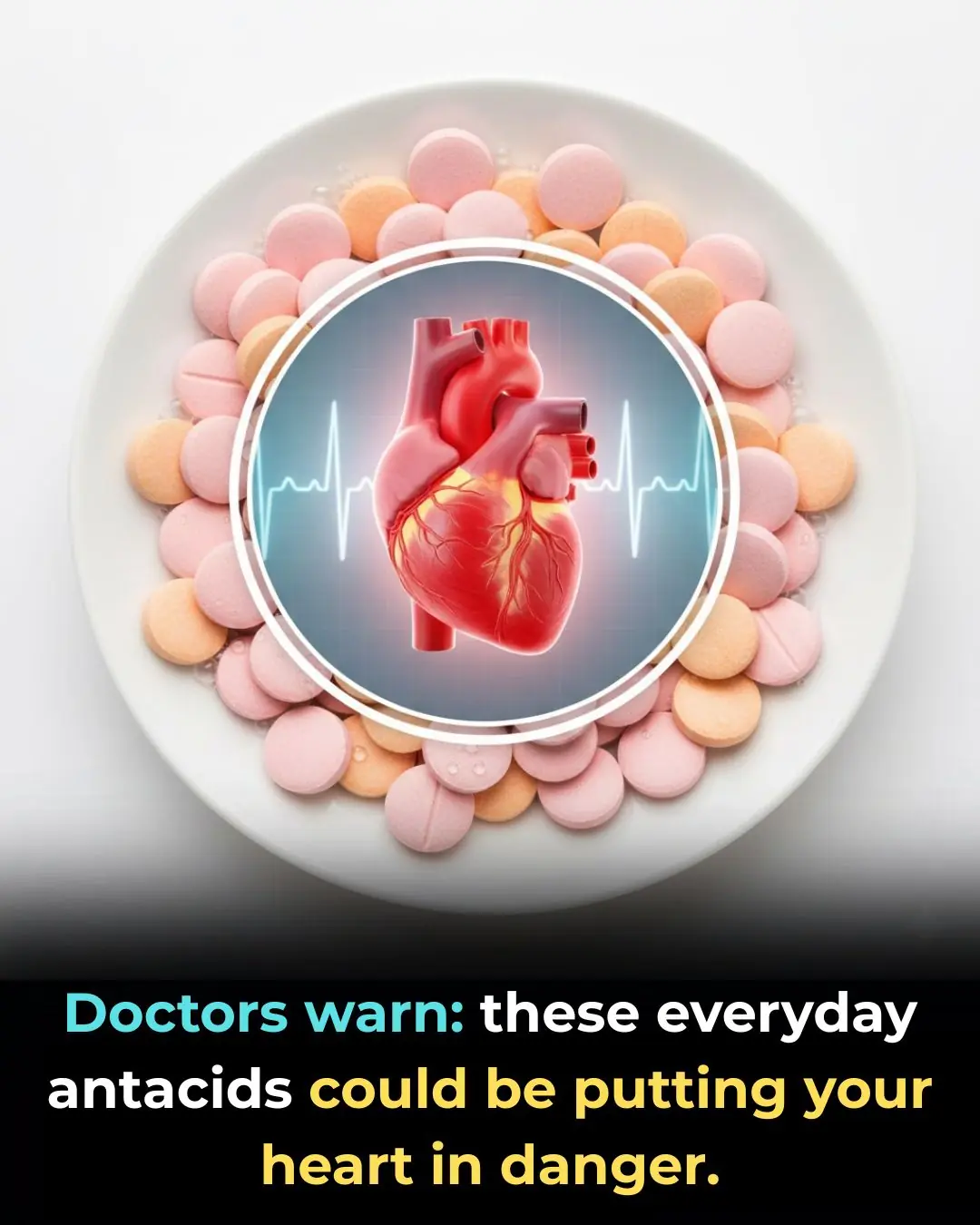
Doctors warn: these everyday antacids could be putting your heart in danger
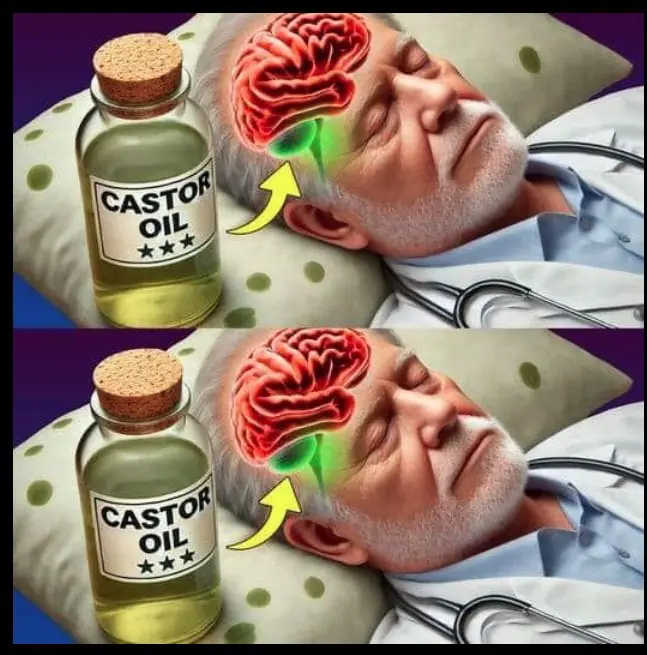
Doctors Reveal What Really Happens When You Use Castor Oil
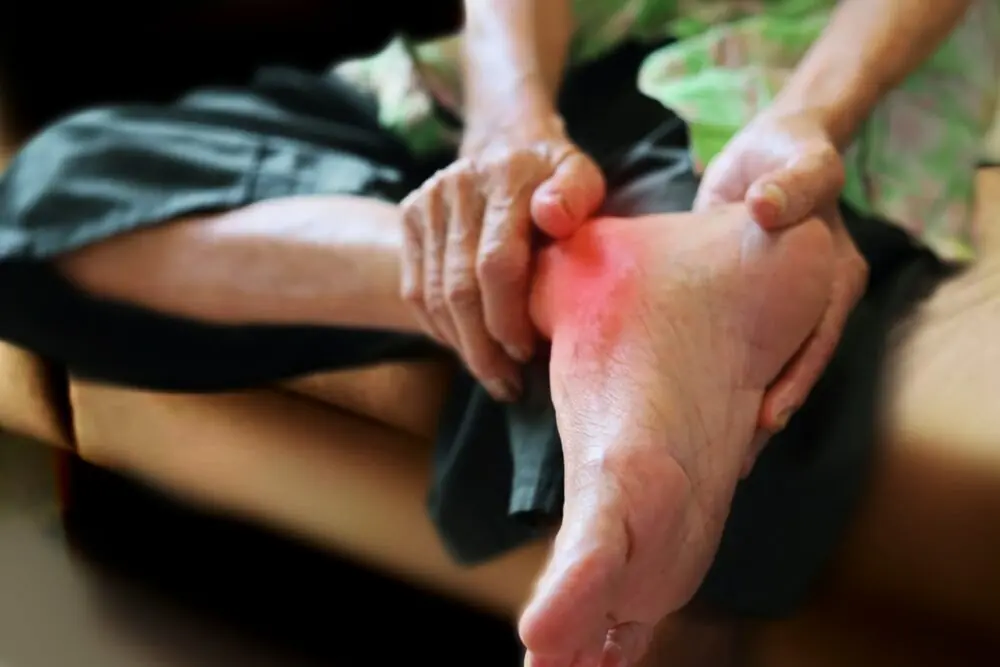
The Natural Secret Doctors Never Tell You That Melts Away Uric Acid Fast

9 Convincing Reasons to Consume More Dates

Two handfuls of peanuts daily boost memory in 4 months
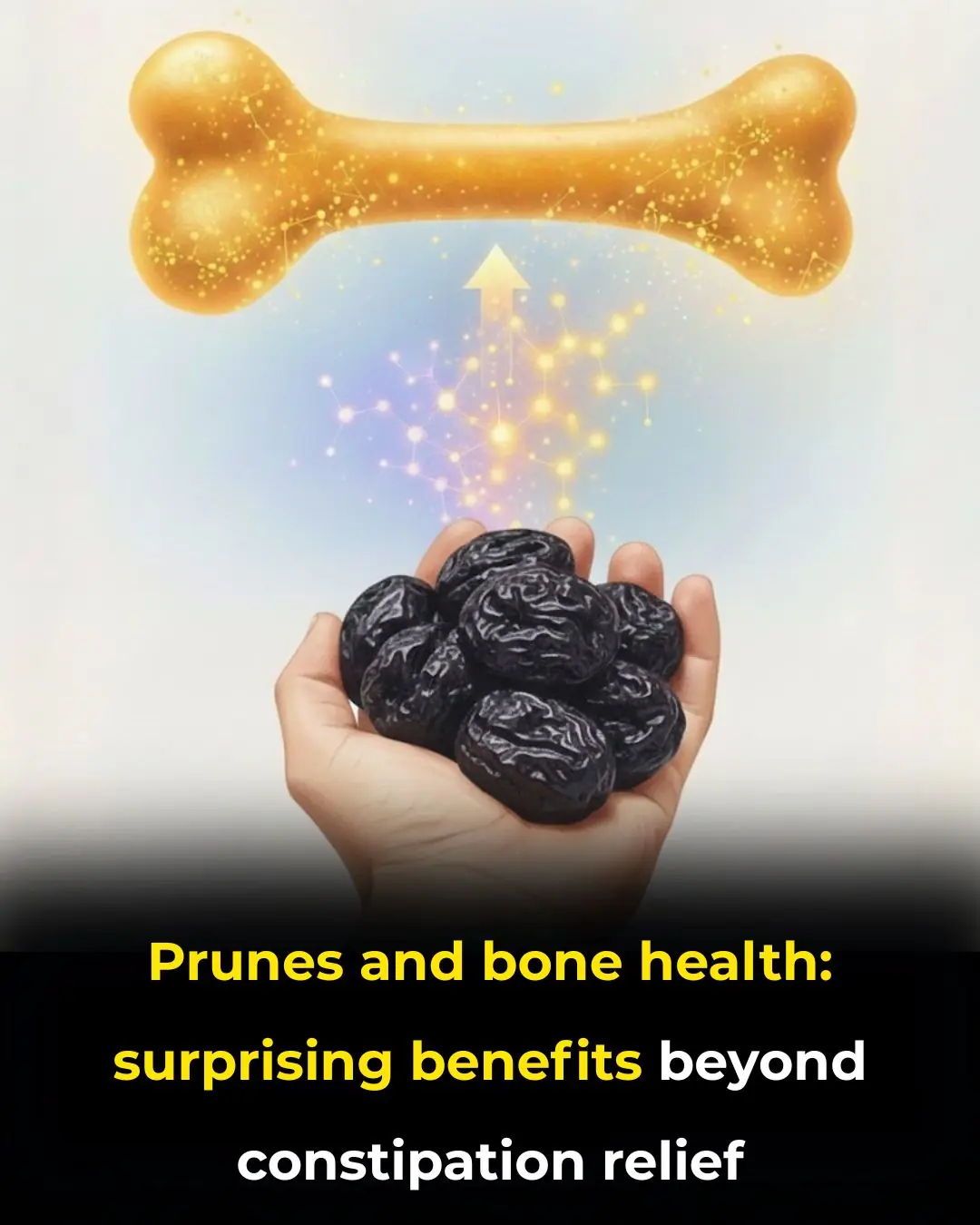
Prunes and bone health: surprising benefits beyond constipation relief
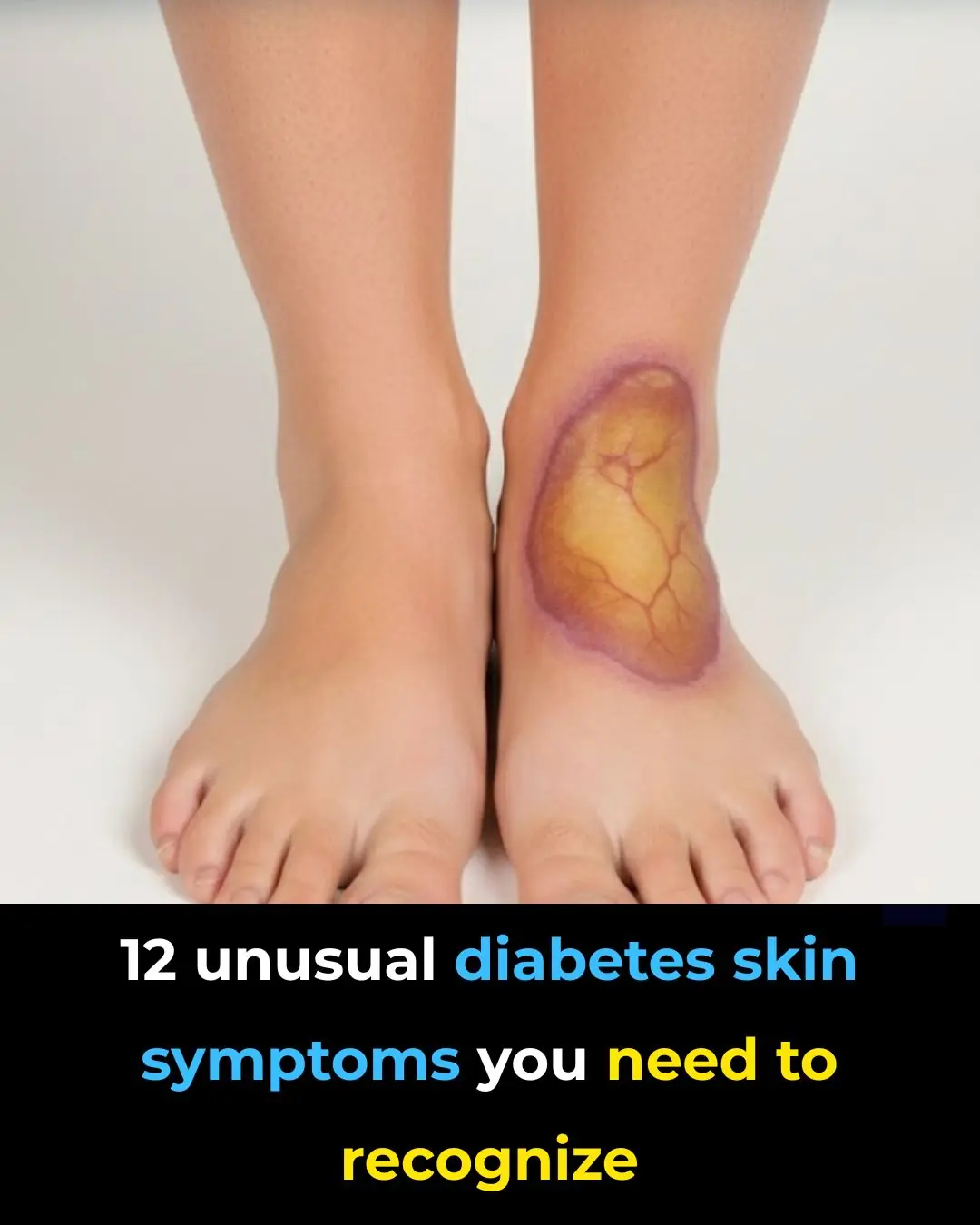
12 Weird Diabetes Skin Problems You Need To Know
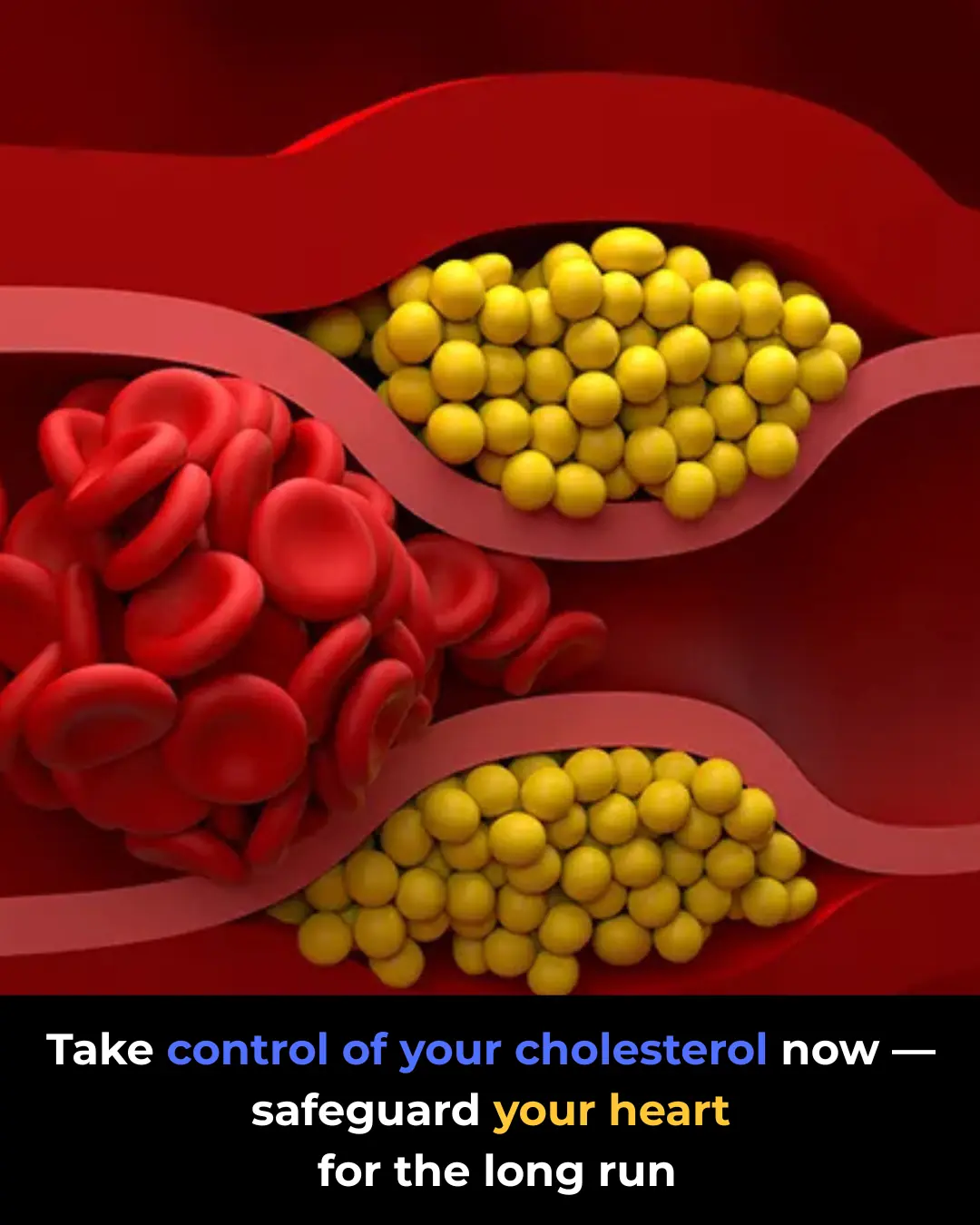
High Cholesterol: Causes, Risks, and Natural Ways to Lower It
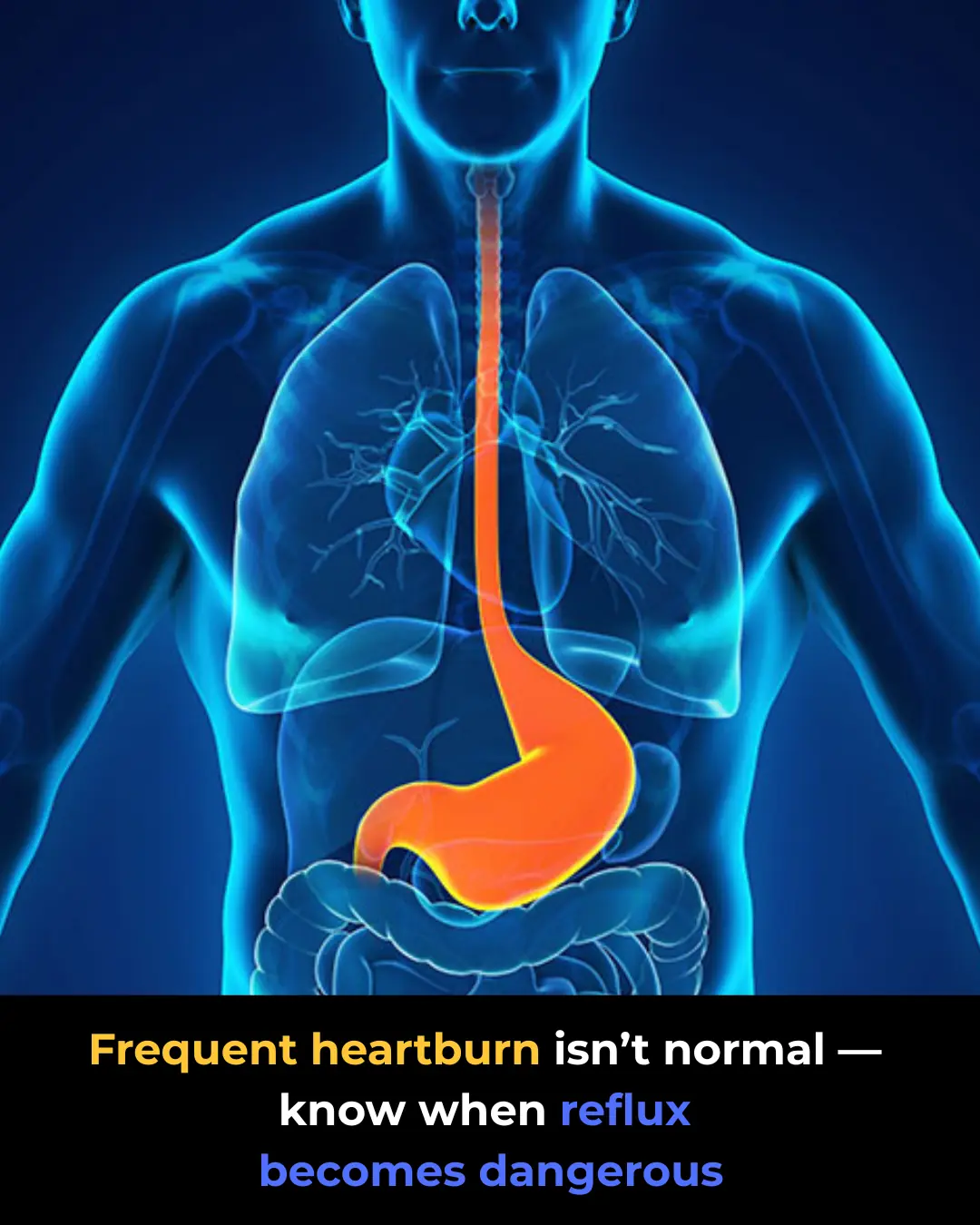
Acid Reflux (GERD): When Should You See a Doctor?

Hypothyroidism: The Silent Condition With Easily Overlooked Symptoms

3 pain areas on your body that might be early cancer warning signs

A New Era of Near Vision Clarity Through VIZZ Eye Drops
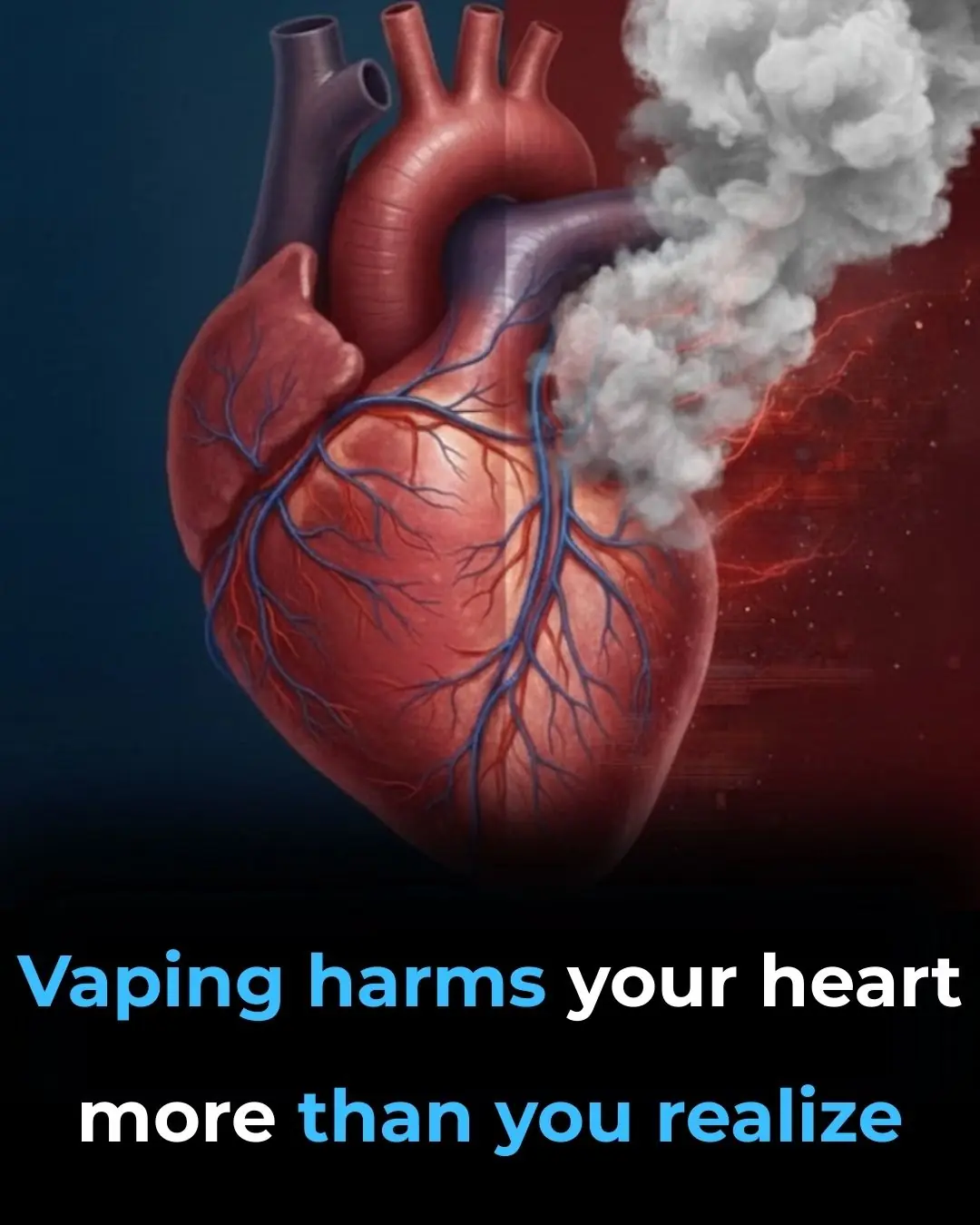
Vaping harms your heart more than you realize

Ever Wake Up But Can’t Move
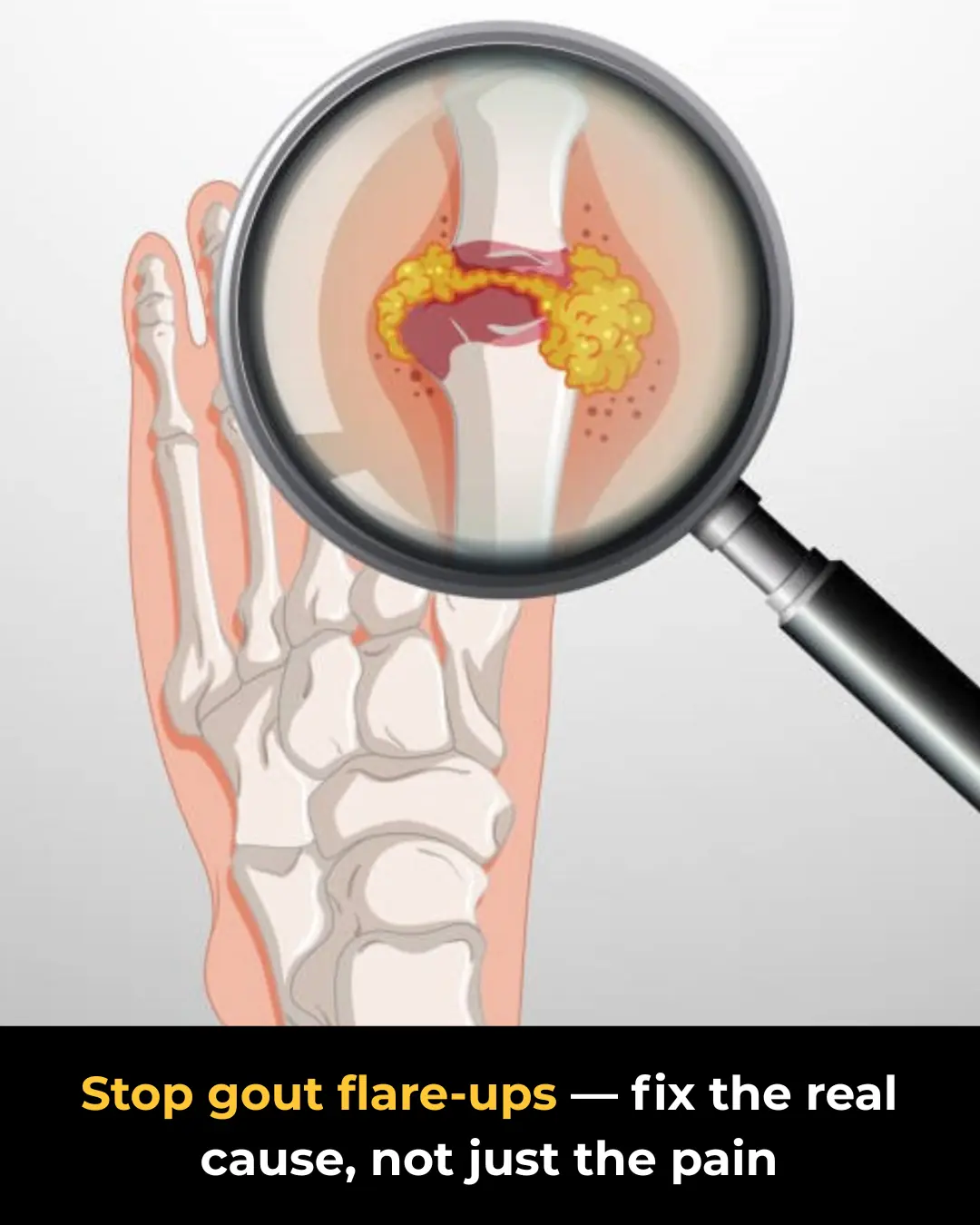
Gout Disease: The Untold Truth and 5 Common Treatment Mistakes

Arthritis Explained: Types, Causes, and Natural Pain Relief Methods
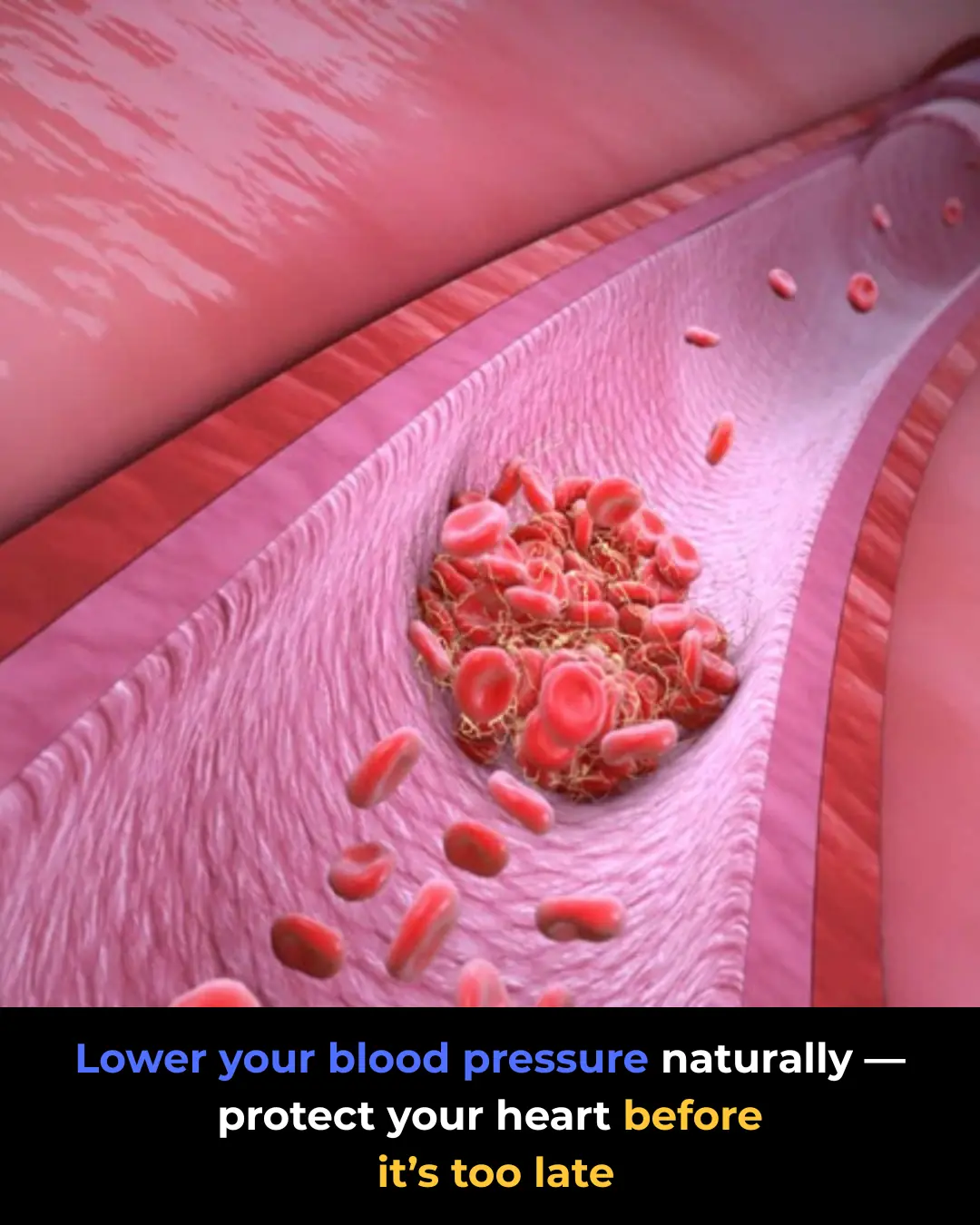
High Blood Pressure: Why It’s Dangerous and How to Stabilize It Naturally
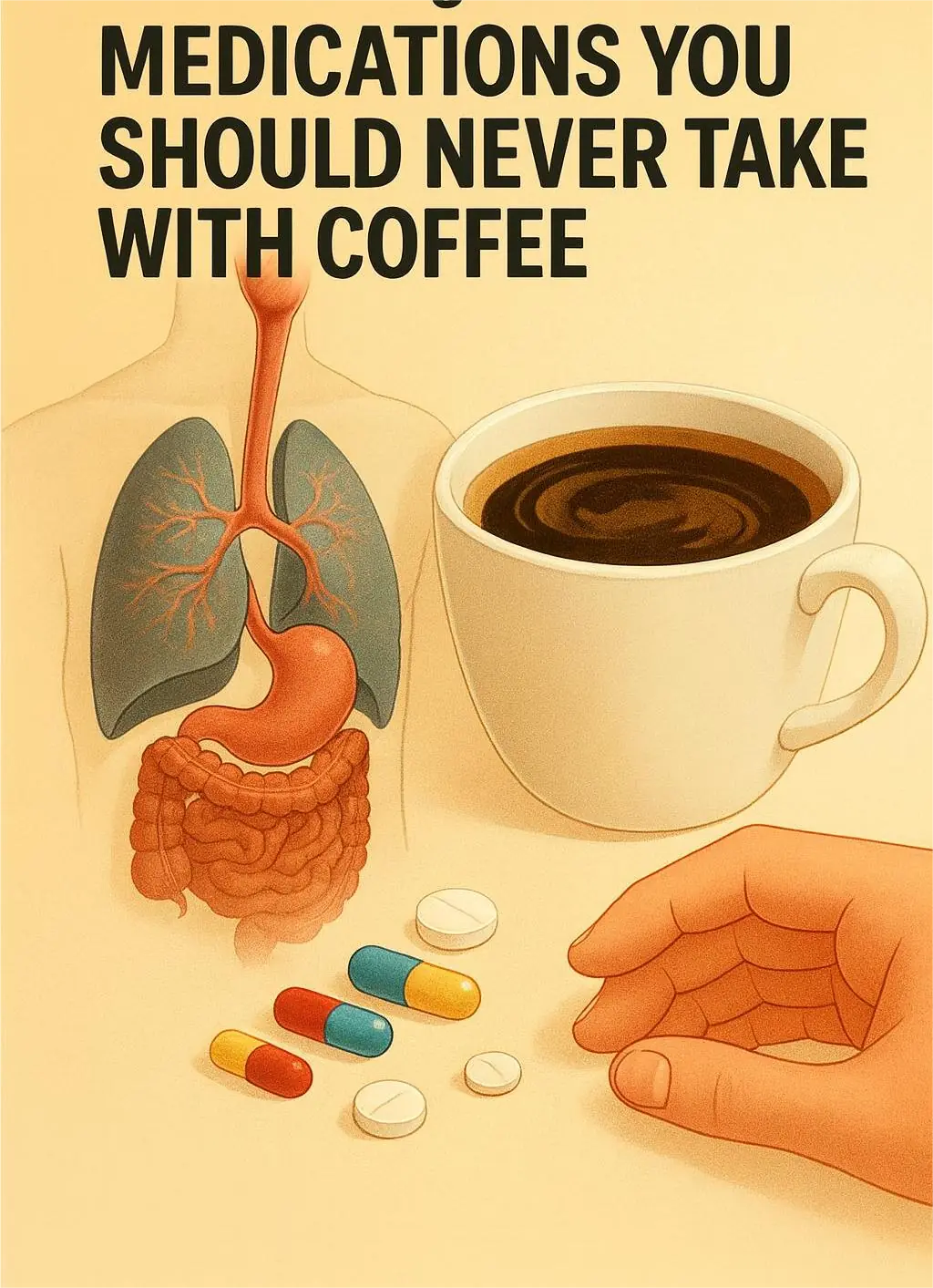
MEDICATIONS YOU SHOULD NEVER TAKE WITH COFFEE
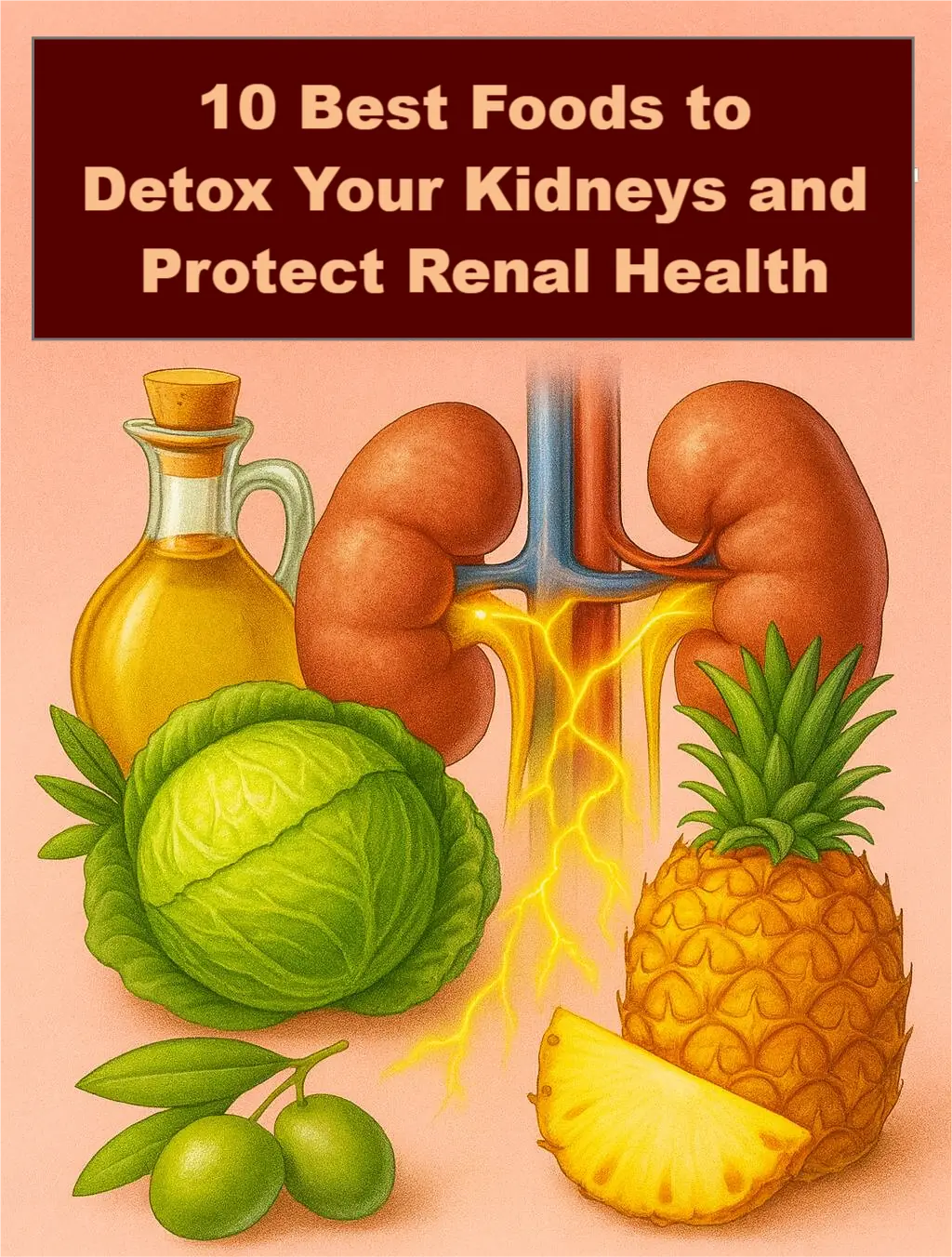
10 Best Foods to Detox Your Kidneys and Protect Renal Health
News Post

Why wood—not diamonds—is the universe’s rarest treasure

A Nearby Earth-Sized World Raising New Hopes for Habitability

How Finnish Forest Kindergartens Let Kids Thrive in Any Weather

Taiwan Researchers Develop Promising Hair-Regrowth Serum With Dramatic Lab Result
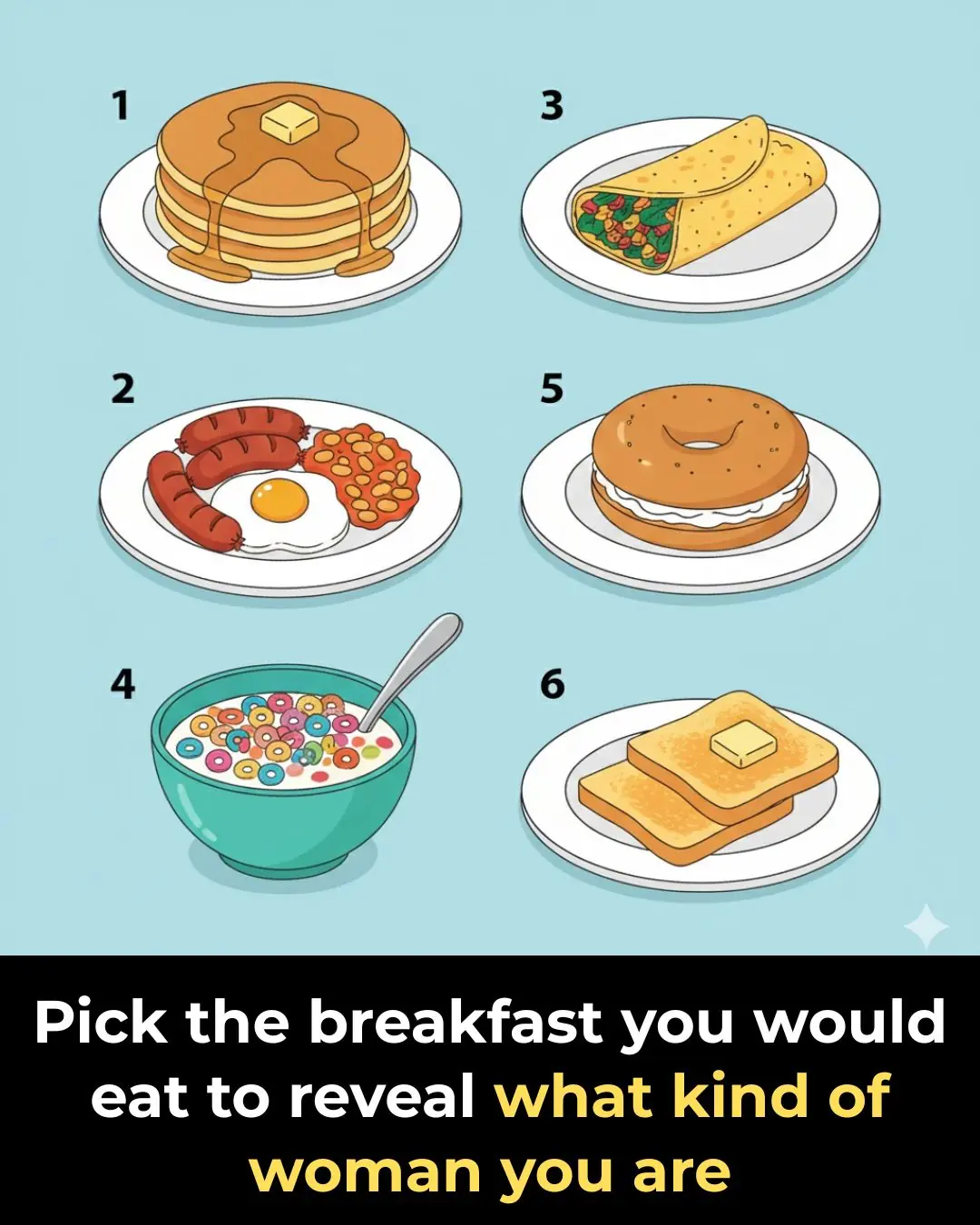
Pick the Breakfast You’d Eat

What Happens to Your Body When You Eat Canned Tuna Every Day

Why Some Children Don’t Visit Their Parents Often

The Hidden Fish Puzzle That’s Stumping the Internet

So this is what it does, here is the answer

The Hidden Details in Women’s Underwear — And What They Really Mean

Experts reveal that eating bananas in the morning cause

Why Cutting Your Own Hair Is About More Than Just Saving Money

Why Are Tree Trunks Painted White

Penguins Reject Cheaper Fish as Japanese Aquarium Tries to Cut Costs

I Thought I Found Insect Eggs Under My Bed

This is the correct way to wash grapes; washing them wrong can make them even dirtier

Emirates Airlines: A Legacy of Unmatched Safety and Reliability in Aviation

Dragon Bravo Fire: Arizona's Megafire Threatens the Grand Canyon and Beyond

The zodiac signs with a supernatural sixth sense… See now
